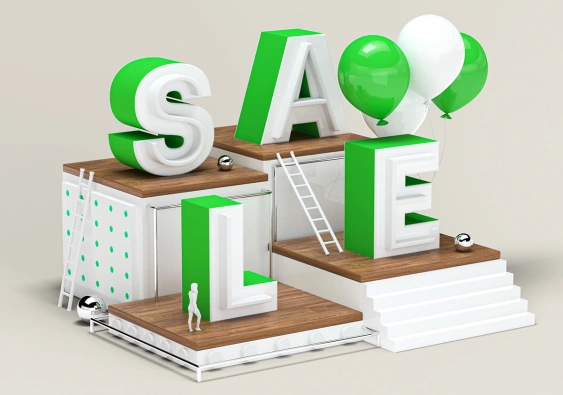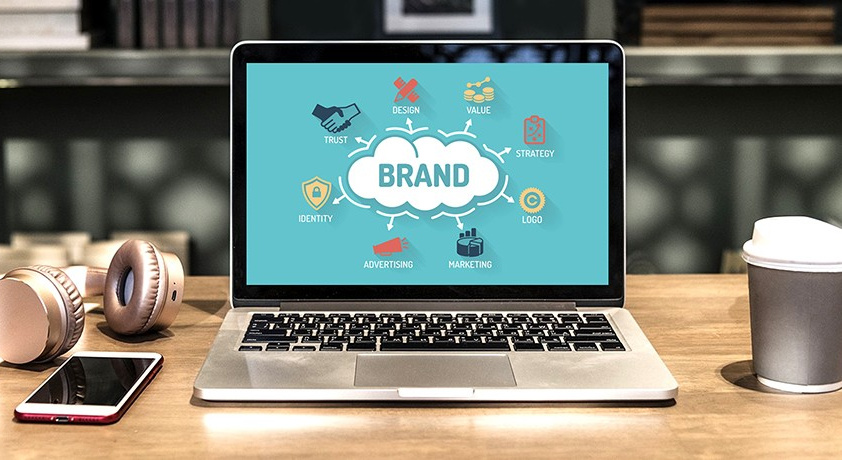Promotions are more than just discounts or special offers. Behind every successful promotion lies a deep understanding of human behavior and psychology. Knowing what triggers people to buy can make all the difference in converting potential customers into loyal patrons.
Let’s explore the key psychological principles that drive consumers to act when faced with a promotion.
1. Scarcity: The Fear of Missing Out (FOMO)
One of the most powerful psychological triggers is scarcity. When products or promotions are limited, people feel an urgency to act, fearing they’ll miss out. This principle is frequently used in phrases like “Limited Time Offer” or “Only a Few Left.” Scarcity makes the product feel more valuable, prompting quicker purchasing decisions.
2. Urgency: The Power of Deadlines
Similar to scarcity, urgency motivates consumers to take action immediately. Flash sales or countdown timers create a sense of pressure. When people know that a deal won’t last long, they’re more likely to act on impulse and make a purchase right away, rather than risk losing the opportunity.
3.Social Proof: Influence of Others
Humans are social creatures, and they often look to others for cues on how to behave. Positive reviews, testimonials, or even seeing that others are buying a product can strongly influence consumer decisions. Promotions that highlight social proof, like “Join thousands of satisfied customers” or “Best-seller,” tap into this behavior, increasing the likelihood of conversion.
4. Reciprocity: Giving Something to Get Something
The principle of reciprocity suggests that when someone gives you something, you feel compelled to return the favor. Free samples, trial periods, or small promotional gifts can create a sense of obligation. When consumers receive something for free, they’re more inclined to reciprocate by making a purchase.
5. Anchoring: The Power of Comparison
Anchoring is a cognitive bias where people rely heavily on the first piece of information (the “anchor”) they receive. In promotions, this often takes the form of original price comparisons. Showing a higher original price alongside the promotional price makes the deal look more appealing, guiding consumers to perceive the lower price as a great bargain.
6. Loss Aversion: Fear of Losing More Than Gaining
People tend to prefer avoiding losses rather than acquiring equivalent gains. In promotional strategies, the fear of losing out can be more motivating than the desire to gain something new. Offers framed as preventing loss—such as “Don’t miss out on savings” or “Avoid missing this deal”—tap into this psychological tendency.
7. Commitment and Consistency: Building Consumer Loyalty
Once a consumer makes a small commitment, they’re more likely to stay consistent with that action. Free trials, opt-ins, or small initial purchases lead consumers down a path where they feel compelled to continue the relationship with the brand. Promotions that encourage repeat purchases or rewards for loyalty leverage this need for consistency.
8. Novelty: Attraction to the New
Humans are naturally attracted to novelty. New, limited-edition products or fresh, innovative offers create excitement and curiosity. Promotions that highlight something unique or exclusive—such as “Be the first to try” or “New release special”—capitalize on this psychological pull towards novelty.
9. Emotion Over Logic: The Emotional Appeal
Most purchasing decisions are driven by emotion, even if they appear logical. Successful promotions tap into emotions like happiness, excitement, or even fear. Campaigns that tell a story or evoke strong emotions are more likely to resonate with consumers, driving them to act.
10. Personalization: The Power of Tailored Offers
Consumers are more likely to respond to promotions that feel personalized to them. Using data to offer targeted discounts or custom recommendations makes consumers feel understood and valued. This personalized approach creates a deeper connection and increases the chance of conversion.
Conclusion
Understanding the psychological triggers behind consumer behavior is key to creating effective promotions. By leveraging principles like scarcity, social proof, and reciprocity, businesses can design campaigns that not only capture attention but also drive action. Whether it’s creating a sense of urgency or appealing to emotions, knowing what makes people buy can lead to more successful promotional strategies and higher conversions.


